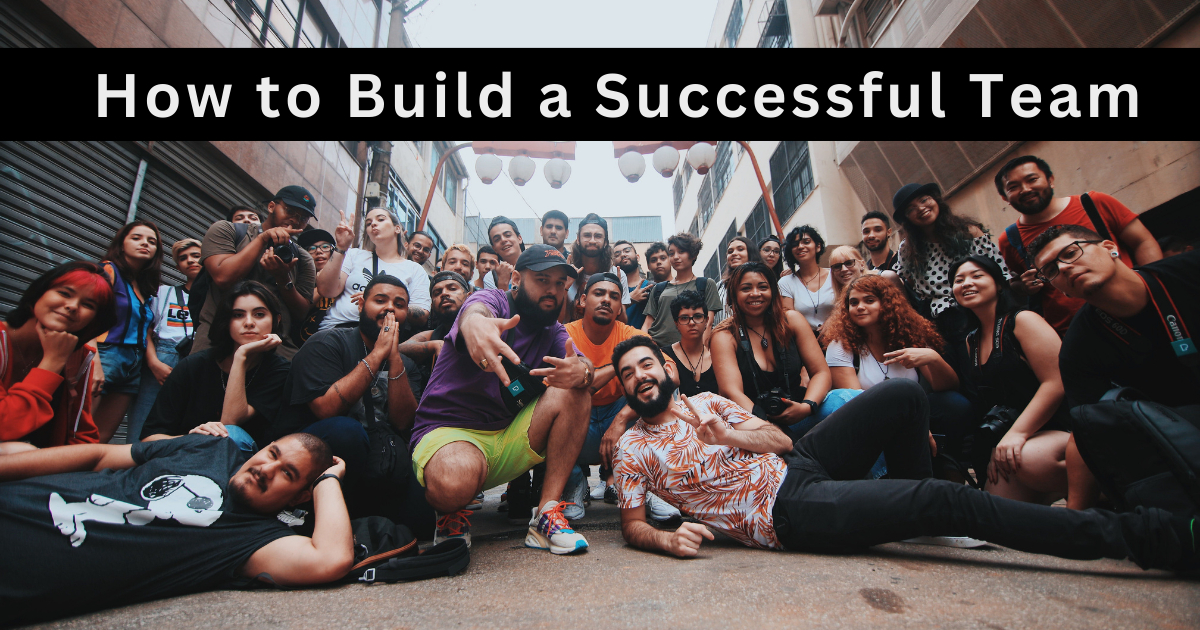The pros and cons of getting a college degree to start a successful business

Whether or not to get a college degree to start a successful business is a decision that many people face. There are pros and cons to both options, and it’s important to weigh them carefully before making a decision.
Pros:
- Networking: College provides opportunities to meet people from all walks of life and build relationships that can last a lifetime. This can be especially beneficial for entrepreneurs, who can network with potential customers, partners, and investors.
- Specialized knowledge and skills: Some businesses require specialized knowledge and skills that can be obtained through a college degree. For example, if you want to become a doctor, engineer, or lawyer, you will need to earn a degree from an accredited university.
- Credibility: A college degree can lend credibility to your business and make you more attractive to potential customers and investors. In some cases, a degree may be required to obtain certain licenses or certifications.
Cons:
- Cost: College can be expensive, especially in the United States. The average cost of tuition and fees for a four-year public university is over $20,000 per year. This can be a significant financial burden, especially for students who have to take out student loans.
- Time commitment: College can take four or more years to complete. This can be a long time to wait to start your business, especially if you have the entrepreneurial itch.
- Relevance to your business: Not all college degrees are relevant to all businesses. In some cases, you may be able to learn the skills you need to start your business through on-the-job training or online courses.
So, is a college degree necessary to start a successful business? The answer is no. There are many successful entrepreneurs who do not have college degrees. However, there are also many businesses that do require a college degree. Ultimately, the decision of whether or not to get a degree is a personal one. You should weigh the pros and cons carefully and make the decision that is right for you.
If you are considering starting a business, I encourage you to do your research and talk to other entrepreneurs to get their advice. There is no one-size-fits-all answer to the question of whether or not to get a degree.






















